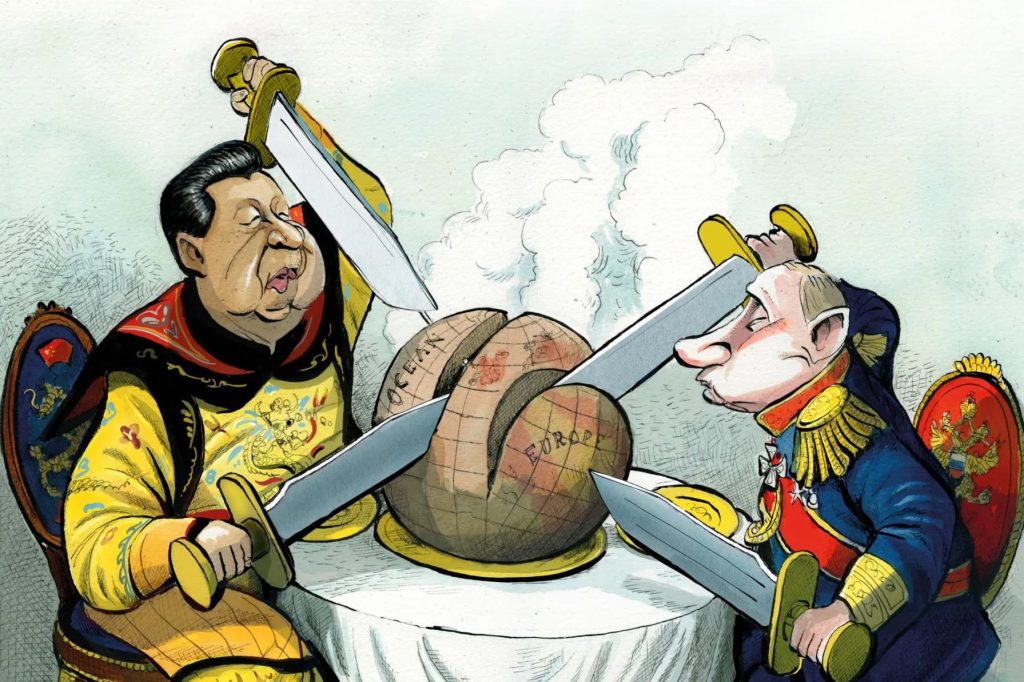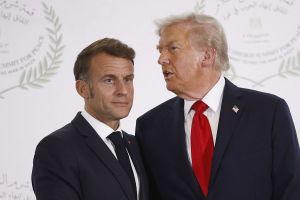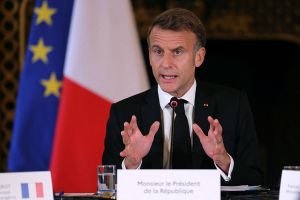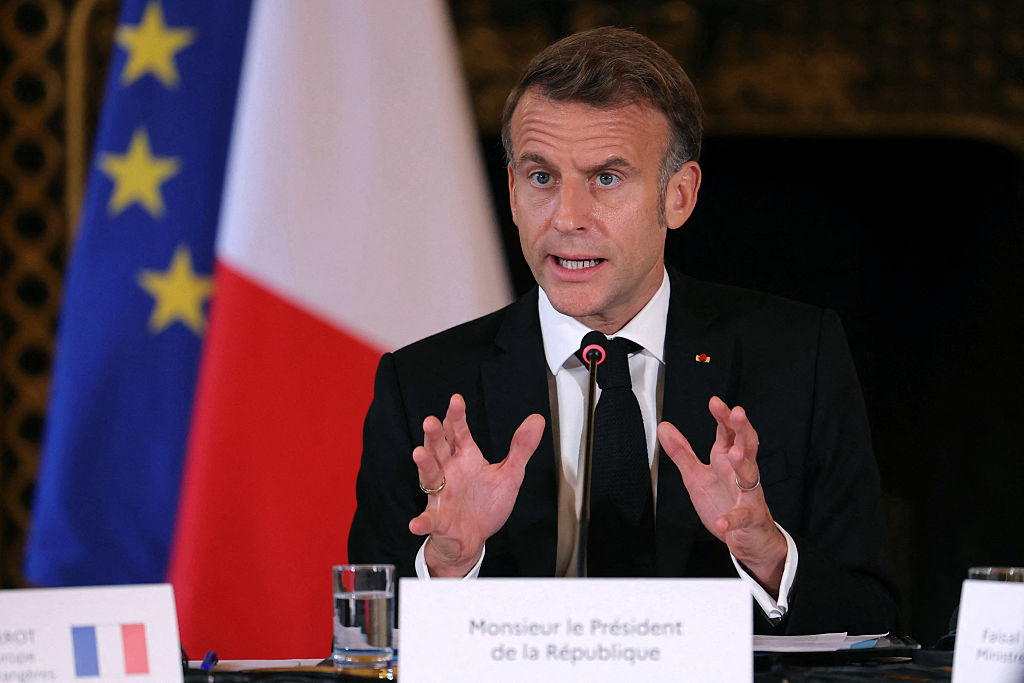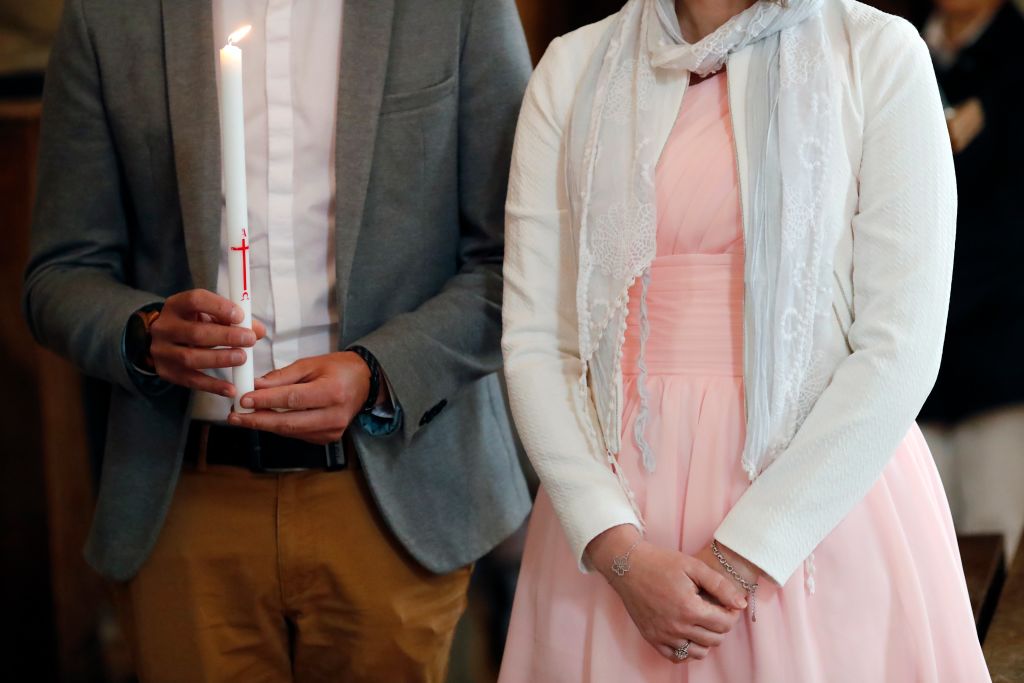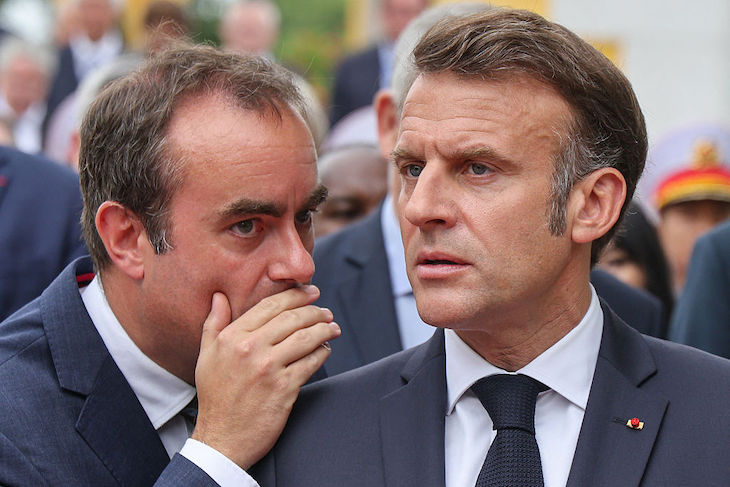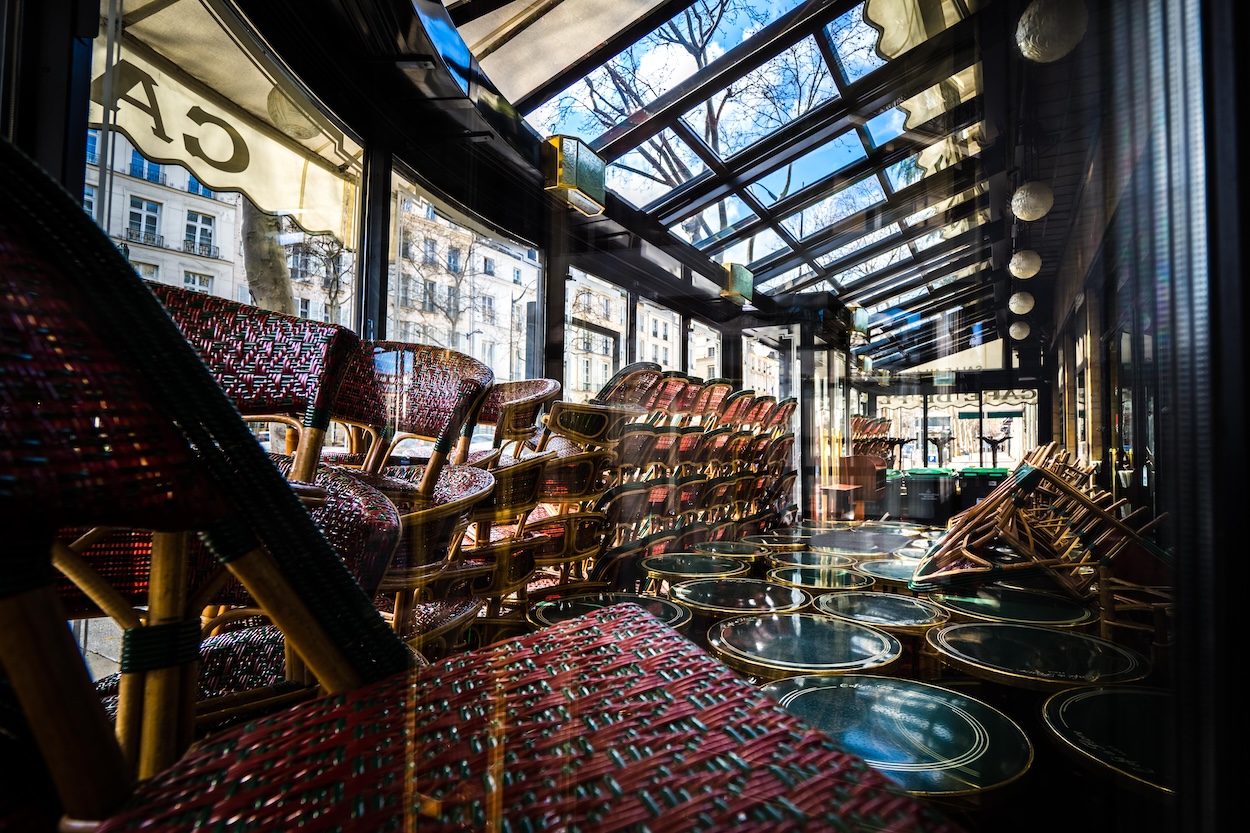On Wednesday last week, a new Gabonese military junta installed itself, having ousted President Ali Bongo, whose family have ruled the country since 1967. Just two days earlier, the French president Emmanuel Macron gave a speech to his ambassadors in which he spoke of an “epidemic of putschs” in what was formerly France’s greatest sphere of post-colonial influence.
Although most of these states have been independent for decades, Paris kept them firmly in the French orbit
There have now been six coups d’état in francophone sub-Saharan Africa in three years — Mali, Chad, Guinea, Burkina Faso, Niger and now the small but wealthy nation of Gabon. France’s whole African policy is on the skids and there will be trepidation in other presidential palaces, such as those of ninety-year-old Paul Biya in Cameroon and seventy-nine-year-old Denis Sassou Nguesso in Congo.
What Macron did not say was that a common feature of most of these overthrows has been anti-French sentiment. Nor did anyone expect him to acknowledge what is stated widely: that this is the end of Françafrique and with it the long-delayed end of France’s imperial adventure.
Although most of these francophone states have been independent for decades, Paris managed to keep them firmly in the French orbit. The benefits were substantial on both sides. Largely corrupt regimes saw their leaders, family and descendants maintained in power by benevolent French diplomatic, financial and military agreements. African leaders could siphon off wealth to French banks and property investments, access high-level Parisian medical facilities, and remain confident of their invulnerability because of the presence of French troop garrisons.
In exchange France kept alive the remnants of past imperial glory and la mission civilisatrice, maintaining at its beck and call a sizable UN lobby of African states and the use of African bases as force projection for its military. French companies enjoyed privileged access to raw materials and regional economies. European states, including the EU collectively, and the West in general, were happy to go along with this settlement while the benefits accrued — among them the stable regimes that kept a lid on emigration to Europe.
Needless to say, such a neo-colonialist state of affairs was not a good look. Which is why all French presidents since François Mitterrand pretended to want to cut the Françafrique umbilical cord, including Macron himself since he came to power in 2017. But the benefits were just too bountiful, not least for corrupt local leaders such as Bongo and his clan.
Françafrique states were also happy with the arrangement for so long as a credible alternative did not exist. But in the past few years China’s growing economic dominance on the continent and Russia’s activist military presence — notably its Wagner mercenaries — have challenged France’s monopoly. The francophone states Togo and Gabon provoked apoplexy in Paris last year when they thumbed their noses at the French international organization of La Francophonie and joined the British Commonwealth.
More seriously, France’s 5,000-strong military mission to combat Islamic jihad across five francophone ex-colonies in the Sahel since 2014, Operation Barkhane, effectively conceded defeat and began an ignominious withdrawal late last year, harangued by virulently anti-French crowds. Francophobia was stoked by Russian “anti-colonialist” propaganda and Wagner’s apparent success in ruthlessly combating the jihadists. The permanent stationing of French troops in the region is now seen as a source of hostility rather than of stability.
This is all quite humiliating. Until the mid-twentieth century at least, the French used to love to compare British colonialism with their own — the former egotistical, exploitative and money-grubbing; the latter altruistic, civilizing and uplifting. Believing she had acceded to a higher level of civilization resulting from the Revolution’s “universalist values,” France felt honor-bound to spread her language, her culture, her genius.
Repeated humiliations at the hands of its ex-colonies are tarnishing France’s international image
Britain’s imperialism had its own vanities, of course, but its governments doubted that foreigners could ever learn British ways and propounded the doctrine of “self-government,” by which colonial nations would be ushered along the path to independence. French colonization tended to push more towards full assimilation under French citizenship, a higher stage of civilization. These two models played out in post-war decolonization. French imperialism’s inexorable logic rendered decolonization more painful than it was for Britain, as independence from France was ipso facto a retrograde step.
Despite being the world’s second largest, the French empire was loss-making until the 1930s. But what justified it — the civilizational role apart — was the status of grandeur it conveyed in French eyes from political left to right. Britain, too, saw greatness in empire. However, the mortifying loss of the 1870-1 Franco-Prussian War, then defeat and occupation during World War Two, wildly inflated the empire’s contribution to restoring French national prestige.
Unlike in Indochina or Algeria, where decolonization proved bloody and disruptive, France managed to decolonize skilfully in sub-Saharan Africa in the post-war period. Colonized late — in the “second wave of imperialism” of the late nineteenth century — these African states acceded to independence and agreed to integrate a French “community” (loosely inspired by the British Commonwealth) including its own single currency: the CFA franc, still currency today, unlike its French counterpart. Françafrique became a keystone of foreign and military policy, conferring power and influence on the former imperial power. But that is collapsing and France’s neo-colonial dominance over the region is all but finished.
To be fair, Africa has experienced 219 coups d’état in the last seventy years and fourteen since 2020, not all of which have succeeded. But in recent years, and especially under Macron, France has been increasingly shamed in its former colonies and protectorates.
In 2020, following a massive explosion in Beirut, the French president flew to Lebanon and, on a walkabout redolent of old colonial days, castigated its governing class and threatened to knock heads together unless a responsible government was appointed by his deadline. The deadline came and went and Lebanon remained without a functioning executive.
Last year Macron’s attempt to ingratiate himself with the Algerian regime and assuage local francophobia by recognizing France’s crimes during colonization and the independence war achieved little. Franco-Algerian relations remain viscerally negative with potential ramifications for France’s large indigenous Algerian community. Indeed, sensing France’s weakness in May this year, the regime re-inserted a verse in its national anthem warning France “the day has come for you to be held to account” for past crimes. Algiers also blocked the return of its illegal immigrants in France and of those ordered to leave French territory. Morocco did much the same. The ex-empire is becoming an increasingly heavy burden.
Repeated humiliations at the hands of its ex-colonies are tarnishing France’s international image. At home and abroad the country is perceived as increasingly ineffectual, particularly when viewed against President Macron’s bombastic pronouncements. Like his predecessors, he has attempted for too long to leverage national prestige and influence from the remnants of an empire on which the sun should have been allowed to set long ago.
In comparing the French and British imperial traditions, one is drawn to a sanguine lesson from Britain’s far-from-perfect decolonization. The Labour government of 1945 to 1951 initiated the process. But its Conservative successor slowed or impeded it for the following ten years, despite warnings that without a quick transfer of power nationalist movements would sweep away empire anyway.
By 1960 the next Tory administration had recognized this error. Harold Macmillan toured Africa and made his now famous speech: “The wind of change is blowing through this continent and, whether we like it or not, this growth of national consciousness is a political fact.” The wind of change blew through France’s neo-colonial African region long ago. In refusing to adjust to it, the country is feeling the tremors of a delayed, or second, African decolonization. Françafrique is dying, if not already dead.
This article was originally published in The Spectator’s UK magazine. Subscribe to the World edition here.



